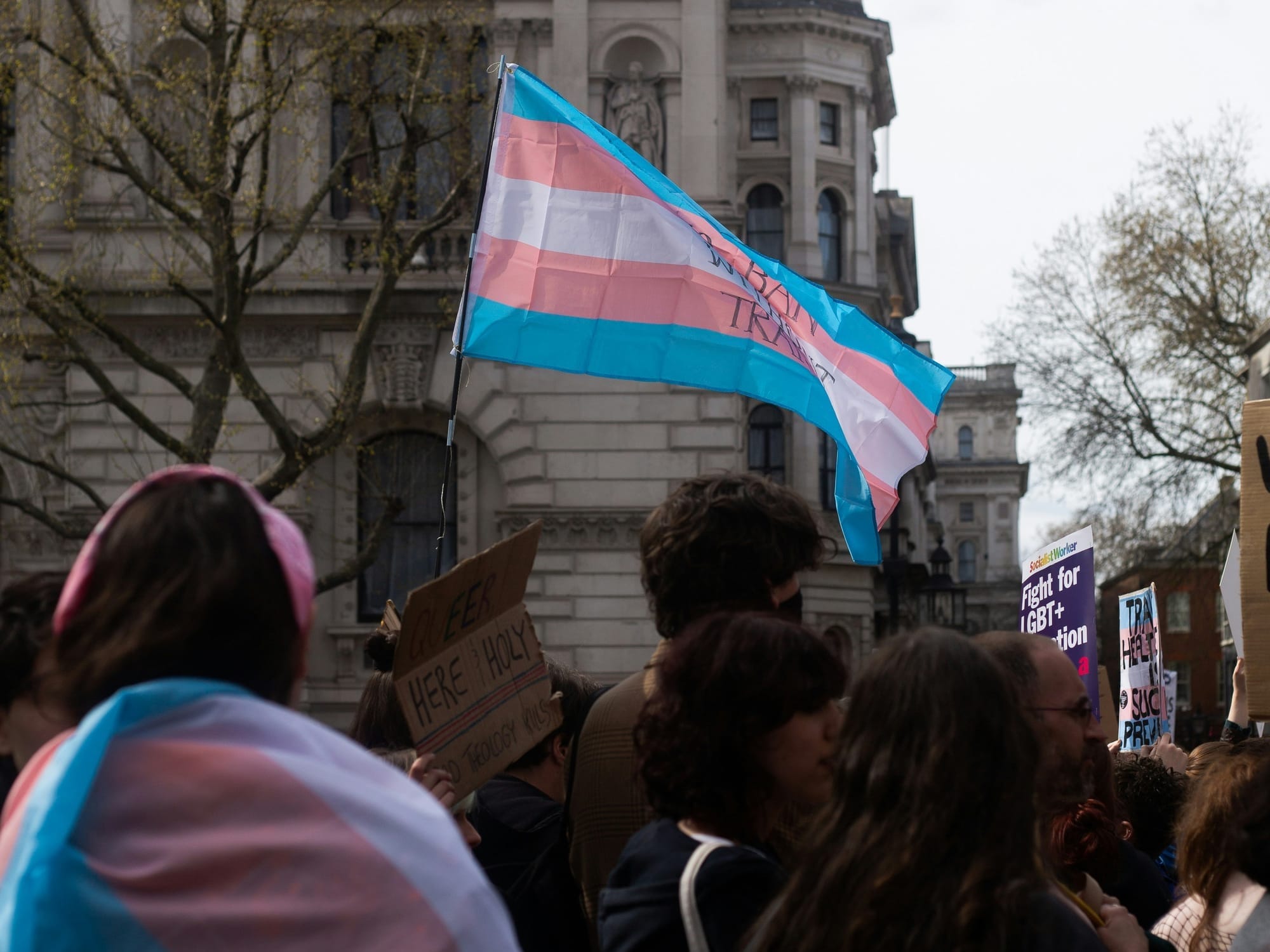The weight of being seen: Self-reflection by Sebastian Glasper
Sebastian Glasper reflects on navigating trans identity, balancing shame and advocacy, feeling disconnected, and finding strength in community. Content warnings: Discussion of transphobia and mental health.

CW: Discussion of transphobia and mental health.
As a trans man, the anniversary of Trans Remembrance Day (TDoR) is always a mixed experience. It's a time to honour the lives we've lost, the voices silenced by violence and hatred, and to reflect on the journey that so many of us are still navigating. But, for me, it's also a reminder of how deeply disconnected I feel from my own community.
It’s an uncomfortable truth to acknowledge, that there have been times when I have chosen not to engage with trans spaces, and not to look at what’s happening in the trans world, especially around times of remembrance or in moments of solidarity.
This disconnection comes from a place of shame. A shame that is not my own doing, but one that has been imposed on me over the years. This shame was societal, but also internalised, a feeling that I wasn’t "trans enough," or that somehow my experiences didn’t align with what others might expect from a trans person.
As I began working with organisations like SASHA, I realised how much joy could come from connecting with others who shared similar experiences. Through the work I’ve done, especially within SASHA, I have encountered incredible people who, like me, are navigating a world that constantly tries to define us by terms that don’t reflect who we truly are. I sought out others like me, people who understood the deep complexity of trans identity, and that connection alleviated some of the isolation I felt.
There’s a pressure that comes with being in a position where you’re seen as a "representative" for your social group. I’ve often felt like I had to be perfect, palatable, and safe at all times. I became very conscious of how my actions, my words, and my presence would be perceived—not just as an individual, but as a trans person. I wanted to advocate for trans rights, to share my experiences, but there were moments when I felt like I couldn’t afford to make mistakes. I felt like I had to "represent" all trans people, to embody the best possible version of our community, even when I was struggling internally with my own identity.
This pressure can be exhausting. It's a pressure to always be political, simply by existing. Being trans, in many ways, is a political act—one that, despite how I feel about it personally, is inherently tied to public perception and discourse. There’s a feeling of being watched, of being scrutinized, of knowing that your very presence is a statement in itself. And while I’m proud to be a part of the fight for trans rights, that constant need to "prove" my worth, to show that I’m "good" sometimes leaves me drained and anxious.
Being a representative, being visible, is a powerful thing. But it also comes with a cost. It’s a cost that I’m still learning to manage. What I’ve learned, however, is that it’s okay to feel disconnected at times. It’s okay to take a step back. But it’s also okay to step forward, to reach out, and to find strength in the community when I’m ready. Because ultimately, it’s not about being perfect or having all the answers—it’s about existing, as I am, and embracing the complexities of my identity, without shame, and without the constant need to prove myself to the world.
Written by Sebastian Glasper
Published Nov 20, 2024
